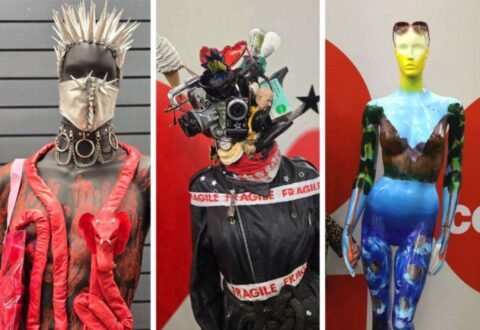
(Credits: Far Out / Alamy)
Blues music is the root of all rock and roll expression. The vibrant psychedelic tones of the 1960s might have seemed stunningly original and revolutionary at the time, but if you dig a little deeper, the vast majority of those tracks are derived from the pioneering blues sounds of decades prior. For guitarists, in particular, blues music provided all the inspiration needed to enter the world of rock and roll. That being said, blues music did not suit every guitarist during the 1960s.
When looking back on the greatest guitarists of the 1960s, Jeff Beck is an utterly unavoidable figure. Deeply entrenched in the swinging sixties era of British rock, Beck was essential in driving guitar-led rock forward into expansive new avenues. His love of jazz, soul, and R&B gave his playing style a unique quality that very few other players were attempting to achieve at the time, and the psychedelic mastery of tracks like ‘Heart Full of Soul’, which he recorded with The Yardbirds, came to define the experimentalism of the era.
At the same time, Beck was a clear devotee of blues music, following suit of virtually every other rock guitarist of the era. After all, Keith Richards had managed to become a global rock phenomenon thanks to his adoration of Muddy Waters and Howlin’ Wolf. Beck’s comrades Eric Clapton and Jimmy Page found a similar degree of fame thanks to their devotion to blues rock, so why couldn’t the same go for Jeff Beck?
Put simply, Beck’s playing style was much more expansive and experimental than the blues gave him the capacity to be. Still, by the time he had left The Yardbirds and formed The Jeff Beck Group, the guitarist was still attempting to master the blues. In fact, it was only thanks to the advice of the bonafide guitar master, Jimi Hendrix, that Beck began to move away from the age-old style.
After Hendrix first came over to London in 1966, Beck was one of the musicians with whom he forged a friendship. 1969 was a particularly pivotal year for both artists, and they would see each other regularly during that time. “He’d come onstage and completely overshadow and undermine what we’d done,” Beck once recalled. “But nobody cared; it was so great. And to have Rod singing as well, two guitars blazing away… forget it. It was just crammed to capacity every night.”
Despite the incredible experience of performing alongside Hendrix, Beck was pretty disenfranchised with his work in The Jeff Beck Group. He was never particularly happy with the musical direction of the band, always feeling as though they could achieve much more than they were doing. “It was pretty rough, I must say,” he told Guitar World in 2009. “A pretty grim time, with no one to talk to about it except Jimi himself. It was almost the end of my career. I probably would have packed up if he hadn’t spoken.”
“I used to say, ‘Jim, what the fuck?’ And he said. ‘Man, you know when you play blues, it’s as boring as a monkey. Your next step should be to take the electro stuff further. Experiment. That’s what I respect about you. That’s your thing. Don’t try to play the blues.’” This advice handed to Beck by Hendrix was then echoed by another guitar hero. “Eric [Clapton] as well. He said, ‘Don’t mess with my music.’ So, I forgot about the blues…with a few notable exceptions,” Beck shared.
From that point on, Beck found the freedom to express all the expansive sounds he wished to explore within his music. His celebrated solo career saw the guitarist explore jazz, in particular, which was much more rewarding for his playing style than simple blues compositions. Still, without that life-changing advice given to him by Hendrix and Clapton, Beck might never have found that willingness to break out of his blues rut.
Related Topics





